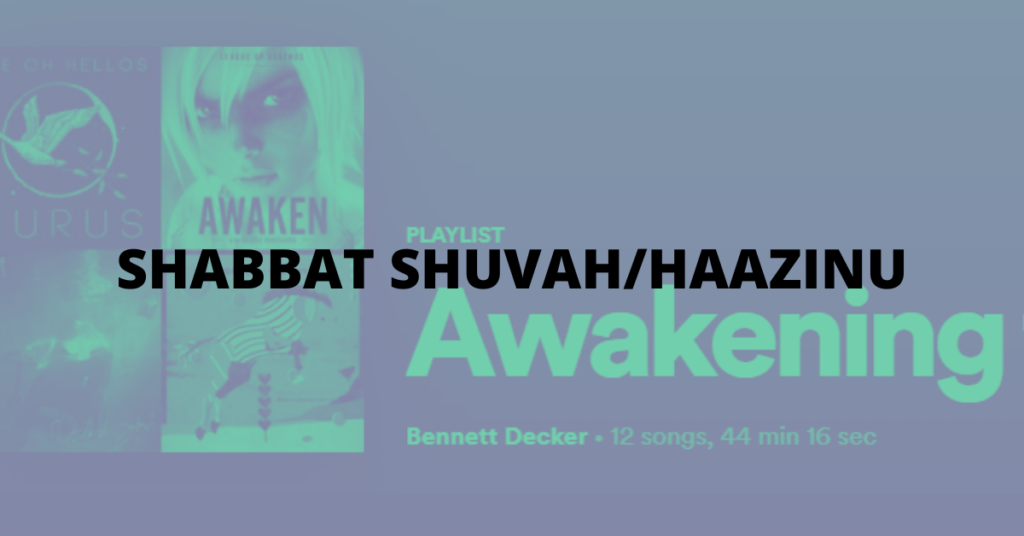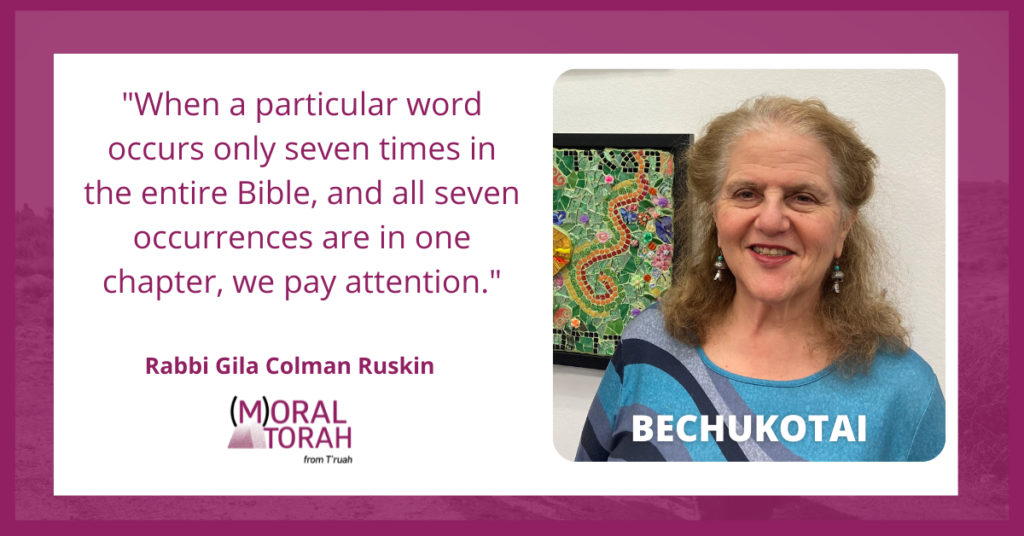
Holy Disruption
You could imagine the look on people’s faces when a group of rabbis, donned in kippot and talitot, walked into their Publix Supermarket in Florida this past December. On a delegation to support the Coalition of Immokalee Workers (CIW) in their fight for dignity and human rights for Florida tomato farmers, we went to the...
read more








